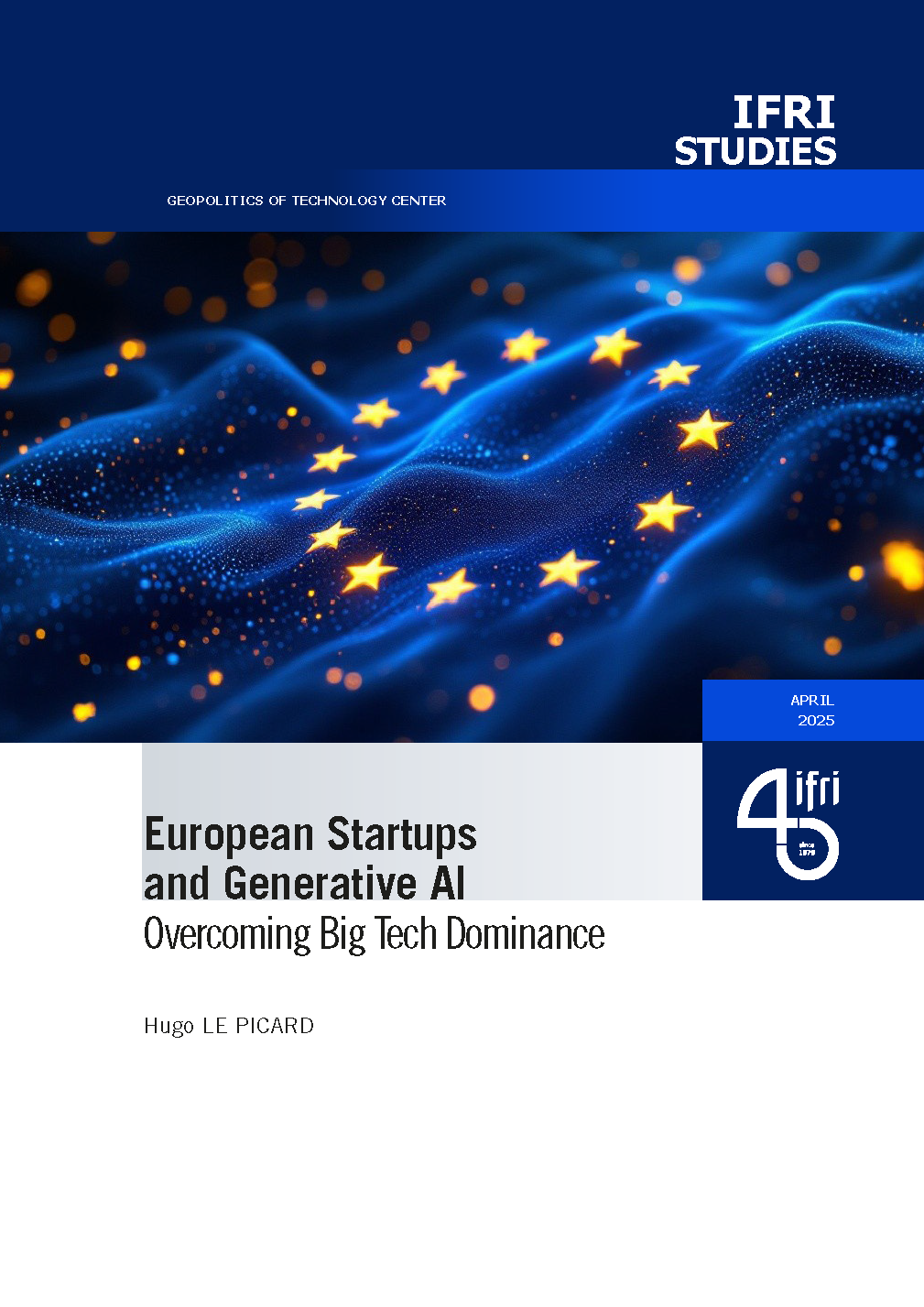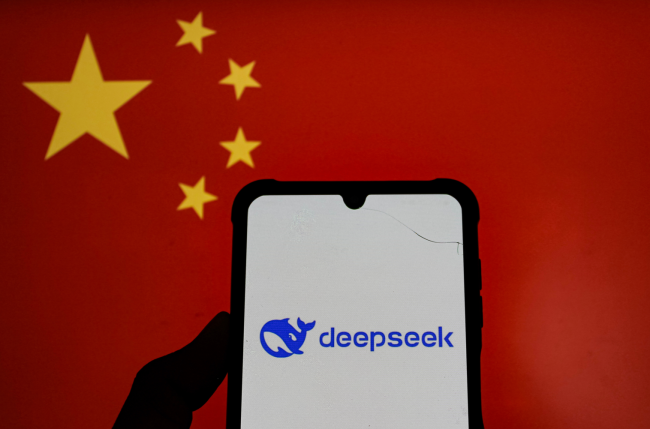European Startups and Generative AI: Overcoming Big Tech Dominance

Europe is at a crossroads. Faced with the domination of American Big Tech across the entire generative Artificial Intelligence (AI) value chain, from foundation models to cloud infrastructure, distribution channels, and open source, it risks long-term technological and economic decline. Yet generative AI also represents a major opportunity for economic transformation, with a potential value estimated at 1.5 times France’s gross domestic product (GDP). To turn it into a driver of renewal, Europe must move beyond the illusion of total technological independence and instead build an ecosystem that leverages Big Tech resources while strengthening its own innovation capabilities.

The real opportunity for Europe lies further downstream in the generative AI value chain, where models are adapted to the concrete needs of various sectors, particularly industrial ones. Thanks to its industrial, regulatory, and technical expertise, Europe can carve out lasting competitive advantages here. Rather than chasing an upstream sovereignty, the real challenge is to accelerate AI adoption across sectors by capitalizing on its areas of excellence and nurturing a startup ecosystem that turns cutting-edge technology into practical solutions.
Upstream, the fierce competition between American tech giants paradoxically creates windfall opportunities for Europe. Locked in an investment race, none can afford to slow down despite the risks of overcapacity, pushing them to multiply spending in order to maintain their lead. This dynamic compels Big Tech to offer increasingly favorable access to their tools and infrastructure. European companies can seize this moment to develop innovative solutions at lower costs and monetize them quickly by targeting large markets like the United States.

Available in:
Themes and regions
ISBN / ISSN
Share
Download the full analysis
This page contains only a summary of our work. If you would like to have access to all the information from our research on the subject, you can download the full version in PDF format.
European Startups and Generative AI: Overcoming Big Tech Dominance
Related centers and programs
Discover our other research centers and programsFind out more
Discover all our analysesRegulatory Dynamics and Tensions in the Space Sector: Towards and Americanization of Space Law?
The development of space law has gradually evolved from a top-down normative dynamic dominated by the founding impetus of the UN to a bottom-up normativity driven by national and industrial practices. This evolution is now accompanied by growing normative competition, raising the risk of an Americanization of space law and prompting the question of a European response.
The Sustainability of Space Operations: An Opportunity for European Leadership?
As space becomes a key arena for power projection strategies, while facing growth and diversification of orbital activities, the concept of “space sustainability” is emerging as a new framework of analysis for space governance.
The “Huawei Saga” in Europe Revisited: German Lessons for the Rollout of 6G
While the European Union attempted to coordinate a collective response through its 5G Toolbox in Europe’s 5G infrastructure, member states diverged significantly in balancing political, economic, and technological considerations. Germany, despite its economic ties to China and status as Europe’s largest telecom market, only reached a tentative agreement in July 2024—one that appears largely symbolic.
A "DeepSeek Moment"?
DeepSeek, hailed as a champion of Chinese AI, represents less a revolution than a significant optimization of existing technologies. Doubts remain regarding the figures put forward by the start-up, inviting a more measured response to the media hype surrounding China’s technological catch-up. Nonetheless, DeepSeek signals the need to question an economic model based solely on the race for computational power. By betting on open innovation, Europe can carve out its own path in a competition that is far from being a zero-sum game.












